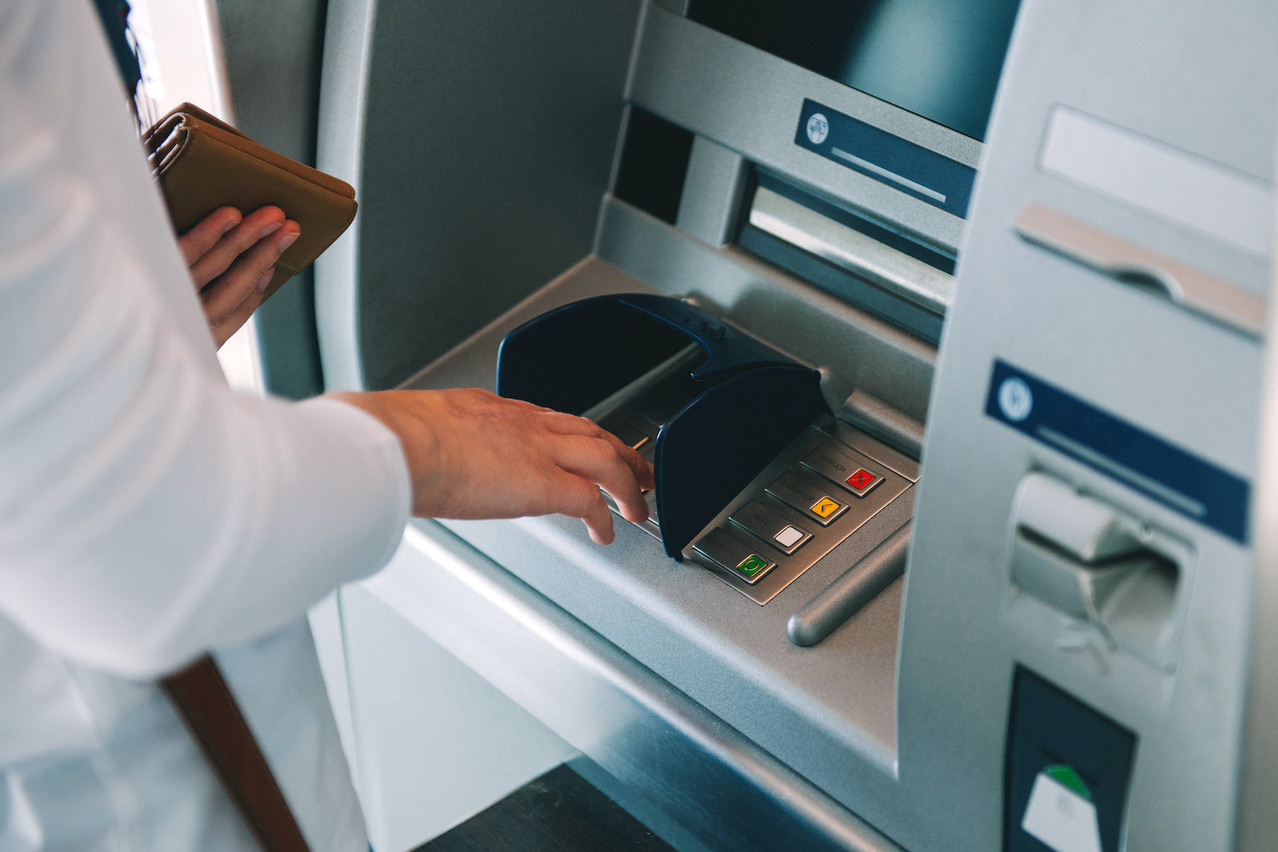The European Banking Authority in January said banks are inadvertently preventing asylum seekers and non-profit organisations from accessing financial services, calling on regulators and other authorities to tackle the issue.
“It’s a difficult balance,” said André Bauler (DP), a member of parliament, where the topic was discussed earlier this week. Lenders must follow “complex, laborious and expensive” rules, the MP said, with compliance essential to uphold the sector’s good reputation. “Banks are strict and that’s good.”
Luxembourg in part evades the problem by providing asylum seekers with bank accounts through a partnership with the Post. Any benefits from the state are paid to this account, which comes with a V-Pay debit card, the office explained in an email. This system allows asylum seekers to “manage their finances and expenses autonomously.”
Once asylum seekers are granted refugee status, they can keep the account although the ONA will then stop paying banking fees.
“I think that’s a good solution,” said Guy Hoffmann, president of the Luxembourg Bankers’ Association (ABBL). “There are other countries that did this, a welcome centre for clients who might have difficulty opening an account.”
The system can also, however, simply postpone the problem, said Justine Van de Leeuwen from Caritas. While asylum seekers can keep their Post account once they have refugee status, changing account to another provider can still be difficult, she said. For example, numerous banks require a job contract, she said, but it can take time for refugees to find work once they’ve been granted international protection.
Van de Leeuwen, too, said there is little concrete or quantifiable evidence, but that exclusion happens.
“Relatively limited” phenomenon
The ABBL’s Hoffmann joined the discussion in parliament on Monday but said the ABBL doesn’t have any data to confirm the scope of the problem in Luxembourg. “From my knowledge, this is relatively limited,” he said. Bauler, too, spoke of only a few cases.
An EU directive “gives people in the EU the right to a basic payment account regardless of a person’s place of residence or financial situation.” But the same law leaves it up to banks to define their “risk appetite” for doing business with countries that could cause compliance issues, Hoffmann said.
“We understand that a bank account is indispensable in order to participate in today’s economic and social life,” said Darya Pavluk from Spuerkeess’s legal, client acceptance and litigation department. “Spuerkeess offers everyone the possibility to open a basic bank account.”
Based on the directive, the bank can refuse to open an account if the individual already banks with another credit institution in Luxembourg or wilfully provides wrong or incomplete information, Pavluk said.
We understand that a bank account is indispensable in order to participate in today’s economic and social life,
“The sole argument justifying the bank account opening refusal, is the suspicion based on factual evidence that the bank account will be used for illegal purposes and/or the fact that the opening and/or use of the bank account will lead to an AML/CFT regulation violation,” she said of anti-money laundering and counter-terrorist financing concerns.
The bank could not provide data on the number of accounts opened by asylum seekers, adding that it does not categorise its clients in this manner.
ING, too, could not provide information on individual cases. “As a gatekeeper to the financial system, we have an important role in the collective fight against financial and economic crimes,” a spokesperson said. Customer due diligence and the monitoring or transaction ensure “we only do business with people and companies we have verified as being trustworthy.”
Financial literacy
The ABBL doesn’t meddle with commercial decisions of its member banks, Hoffmann said, but added that measures are being taken to address the situation. It is working with the justice ministry and the Luxembourg regulator CSSF on guidelines and recommendations, especially for smaller banks.
The CSSF did not reply to several requests for comment on data it possesses from official customer complaints or input from banks. The European Banking Authority, which obtained information from national regulators for its January report, said it would not comment but referred Delano back to the CSSF. The EBA in its report said information on cases should be collected more systematically.
The ABBL also runs banking workshops with migrants or refugees to teach them about financial services. This is also one of the recommendations by the EBA to raise awareness of documents that applicants for a bank account require and the checks carried out.
Many asylum seekers and refugees have so far been excluded from financial services and e-banking in particular, said Van de Leeuwen, adding that gaining financial literacy is an important component of the social work carried out by Caritas and other organisations.
